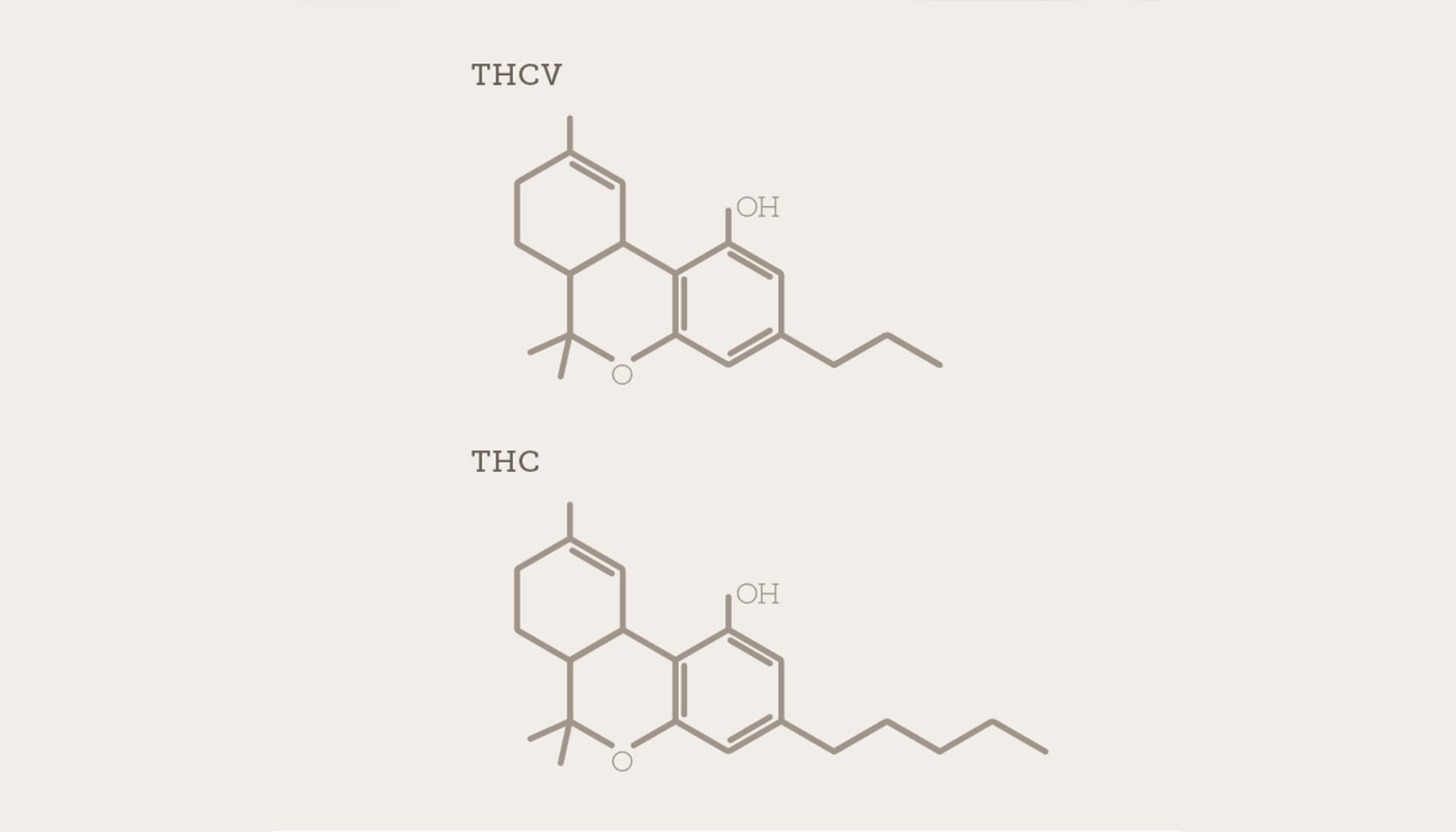Tetrahydrocannabivarin (THCV) is a cannabinoid compound discovered in cannabis and hemp plants. It's chemically similar to tetrahydrocannabinol (THC) however with some crucial distinctions. Here's everything you require to understand about THCV consisting of the threats, benefits, differences, and similarities with other kinds of THC and more. What Is THCV? THCV is a less typical cannabinoid found in some pressures of marijuana, especially African sativa.
 THCV vs THC: What Are the Differences? Articles Have a peek here Analytical Cannabis
THCV vs THC: What Are the Differences? Articles Have a peek here Analytical Cannabis
 Tetrahydrocannabivarin (THCV) - Original FARM
Tetrahydrocannabivarin (THCV) - Original FARM
 What is THCv? THCv Effects Verilife
What is THCv? THCv Effects Verilife
THCV has a 3-carbon side chain rather than THC's 5-carbon side chain. This distinction is subtle, however it has a noticeable effect on the result profile. THCV is somewhat psychoactive but only about and about. What Does THCV Seem like? THCV has a strong energy-boosting component to it, that makes it specifically popular amongst students and professional athletes.
In the United States, THCV regulation is nuanced. THCV is not a Schedule I Drug, however marijuana extracts are making it somewhat unclear what the federal position is on THCV. The 2018 Farm Costs states that hemp plants and all derivatives of the plants are legal on a federal level, a lot of companies abide by this law and still provide THCV to clients by just drawing out the compound from hemp plants.
If THCV is considered a THC analog, it might be managed in the future by the very same guidelines as THC under the Federal Analog Act. This act states that any compound that shares a comparable molecular profile as a known prohibited compound it's included in the exact same drug Schedule classification.
What Are the Results of THCV? Proponents of THCV report that it produces an intense burst of energy and makes them feel blissful without the mental cloudiness triggered by THC. The impacts are very moderate compared to THC. The results are almost specifically cognitive yet somehow have very little influence on headspace.
2. THCV & Appetite Some THCV users declare that it curbs their hunger. This is a typical effect of other focus-enhancing substances. It's as though THCV gets rid of the distraction of other bodily procedures (like hunger) in order to preserve resources and attention to cognitive tasks rather. How Does THCV Work? Cannabinoids produce biological effects in the human body by connecting with endocannabinoid receptors.
CB1 receptors lie in the nervous system and interact with neurotransmitters in the brain to produce mind-altering effects. Interaction with CB1 websites is what provides some cannabinoids like THC their psychoactivity. THCV is a bit difficult to understand since it's mainly a CB1 villain, indicating it has the opposite impact as THC.
While scientists are still seeking to understand this procedure, it appears THCV has the ability to obstruct the effects of CB1 in low dosages and promote them in high doses. CB2 receptors are found primarily in the immune system. THCV is a partial agonist of CB2, however the results of this partial thcv where to buy activity aren't widely known, and it relatively has no noticeable effect on THCV users' experience.
As pointed out in the previous area, THCV is a CB1 antagonist in low dosages which is the precise opposite impact of delta 8 and delta 9 THC. This might imply that THCV combats some of the psychoactive impacts of THC. This result might explain why people who utilize THCV feel so clear-headed especially compared to the notorious "fogginess" induced by delta 9 THC.